India Hot Topics
Future Retail files caveat in Delhi HC against Amazon
Kishore Biyani led-Future Group has filed a caveat before the Delhi high court requesting it to be heard if any plea is filed by e-commerce major Amazon over its Rs 24,713 crore deal with Mukesh Ambani-led RIL.
Anticipating a move by Amazon, which had got an interim arbitration award in its favour, putting the announced deal on hold, the Future Group firm has moved the Delhi high court.
“Let no order of any kind be passed of any kind… or any other petition and application, which may be filed by the petitioners/caveatee (Amazon.com NV Investment Holdings LLC) against the respondent/caveator – Future Retail Ltd, without due notice under section 148A of the code of civil procedure,” the Future Group firm stated in its urgent caveat petition.
A caveat is filed by a litigant in high courts and in the Supreme Court to ensure that no adverse order is passed against the party without it being heard.
The Future group firm has already served a copy of the caveat petition to Amazon, it said.
“You are requested to give at least 48 hours notice before moving any petition under section 9 of the Arbitration & Conciliation Act or any other application against the proposed respondent/caveator,” the Future Group firm said while sending a copy of caveat to Amazon.
Amazon declined to comment on the development.
On October 25, Singapore International’s Arbitration Centre (SIAC) passed an interim award in favour of Amazon, with a single-judge bench of V K Rajah barring FRL from taking any step to dispose of or encumber its assets or issuing any securities to secure any funding from a restricted party.
However, on Sunday, in a regulatory filing Future Retail Ltd (FRL) said Singapore arbitrator’s interim order against its Rs 24,713 crore deal with RIL is “not binding”, any attempt to enforce it will be “resisted”.
Questioning the validity of the order, it said that order was passed in arbitration proceedings initiated by Amazon by invoking an arbitration clause in a contract to which FRL is not a party.
“The EA Order is not enforceable under the provisions of the Arbitration and Conciliation Act, 1996 and is not binding on FRL.
“Any attempt on the part of Amazon to enforce the EA Order shall be resisted by FRL to the fullest extent available under Indian law.
“FRL is also in the process of taking appropriate legal action to protect its rights,” it said.
As per SIAC order, a three-member arbitration panel, with one judge each would be appointed by Future and Amazon – and a third neutral judge would preside, would decide on the issue in 90 days.
In its Sunday filing, FRL had said that it has been advised that “an Emergency Arbitrator (EA) has no legal status” under Part I of the Indian Arbitration and Conciliation Act 1996 and therefore, the proceedings are “void and Coram non-judice”.
The EA Order having been passed by an authority without jurisdiction is a “nullity under Indian law”, it added.
Last week Amazon had written to markets regulator Sebi and stock exchanges urging them to take into consideration the Singapore arbitrator’s interim judgement.
Over allegation by Amazon that public shareholders of FRL are being misled, the Future group contended, “It is a bit rich for such an argument to be made from someone who is not even a shareholder in FRL.
“Evidently, Amazon’s letter is motivated by other considerations… Amazon’s claims are a contractual dispute between Amazon and the promoters of FRL, and Amazon has already initiated arbitration for the same,” it said.
FRL said it has complied with all SEBI requirement, and “EA Order cannot and does not in any manner restrict SEBI or the stock exchanges from considering and approving the Scheme” with RIL.
“It is humbly submitted that BSE and NSE ought not to take cognizance of Amazon’s letter or the EA Order… It is submitted that SEBI and the stock exchanges should consider the Scheme independently on its merits, and as per SEBI regulations,” said FRL in the filing.
On August 29, Future Group had announced merging certain companies carrying on the retail and wholesale business and the logistics and warehousing business into Future Enterprises Limited (FEL), which would be transferred to Reliance Retail Ventures Ltd (RRVL), a subsidiary of RIL.
Amazon in August last year acquired a 49 per cent stake in FCPL, the promoter entity which owns a 7.3 per cent interest in FRL that operates more than 1,500 stores across India, including grocery chain Big Bazaar.
Amazon’’s investment in Future Group came with contractual rights that include a right of first refusal and a non-compete-like pact.
Also, the deal came with the right to buy into their flagship, Future Retail, after a period of between 3 and 10 years.
Amazon, Reliance and Walmart Inc’s Flipkart are in a battle to gain market share in India, where millions of middle-class customers are newly adopting online purchases of food and groceries due to the COVID-19 pandemic.
The booming e-commerce market in the country will be worth $86 billion by 2024, according to research firm Forrester.
The stakes are particularly high for Amazon, which believes India is a big growth market after shutting its online store in China last year.
Tap To Explore More : The Hindu
Also Read : ARNAB GOSWAMI FROM REPUBLIC TV ARRESTED BY MUMBAI POLICE
Movie
The Madras High Court has granted early screenings of Vijay’s Leo movie from 7 AM, requesting the TN government to resolve any issues.
Madras High Court Grants Early Screenings of Vijay’s “Leo” Movie at 7 AM, Urges TN Government to Address Concerns
The Madras High Court has made a landmark decision in favor of the much-anticipated Tamil film “Leo,” starring actor Vijay. In a significant move, the court has granted permission for early screenings of the movie from 7 AM, urging the Tamil Nadu government to swiftly address any issues and facilitate the smooth release of the film. This decision marks a pivotal moment in the realm of Tamil cinema and the entertainment industry at large.
Historical Context:
The Indian film industry, particularly the Tamil film industry, has seen its share of controversies and challenges related to film releases. Issues such as censorship, political disputes, and public sentiment have often played a significant role in shaping the release schedules and screening times for films. Vijay, one of Tamil cinema’s most prominent actors, has been at the center of such controversies in the past. This decision by the Madras High Court is, therefore, particularly noteworthy.
The Ruling:
The Madras High Court’s decision to permit early screenings of “Leo” comes as a response to a plea filed by the film’s producers. The court, while considering the plea, took into account various factors, including the film’s anticipated popularity and the prevailing circumstances. The court emphasized the importance of accommodating the audience’s interests and allowing them to enjoy the film without disruptions.
A Step Towards Normalization:
The court’s decision signifies a positive shift in the film industry, where release dates and screening times are often mired in controversy. By allowing screenings to commence at 7 AM, the court aims to reduce the chances of public unrest and congestion near theaters, especially in the wake of high-profile film releases.
The Role of the Tamil Nadu Government:
The Madras High Court, in its ruling, also called upon the Tamil Nadu government to cooperate in ensuring a seamless release for the film. This cooperation extends to providing necessary security measures to maintain law and order around theaters during the early screenings.
Implications for the Entertainment Industry:
The decision is expected to set a precedent for the release of other highly anticipated films, not just in Tamil cinema but also in the broader Indian film industry. The court’s emphasis on the importance of accommodating the audience’s interests could lead to more flexible screening times for movies in the future.
The Audience’s Perspective:
For moviegoers and fans of Vijay, this decision comes as a welcome relief. They can now look forward to enjoying the film without any undue delays or disruptions, ensuring a memorable cinematic experience.
In conclusion, the Madras High Court’s ruling to allow early screenings of Vijay’s “Leo” at 7 AM while urging the Tamil Nadu government to resolve any issues paves the way for a more audience-centric approach in the film industry. It is a landmark decision that highlights the importance of balancing the interests of filmmakers and the movie-loving public. This judgment is poised to make a positive impact on the release of future films, ushering in a new era of flexibility and convenience for cinema enthusiasts.
Group Media Publications
Entertainment News Platforms – anyflix.in
Construction Infrastructure and Mining News Platform – https://cimreviews.com/
General News Platform – https://ihtlive.com/
Podcast Platforms – https://anyfm.in
-
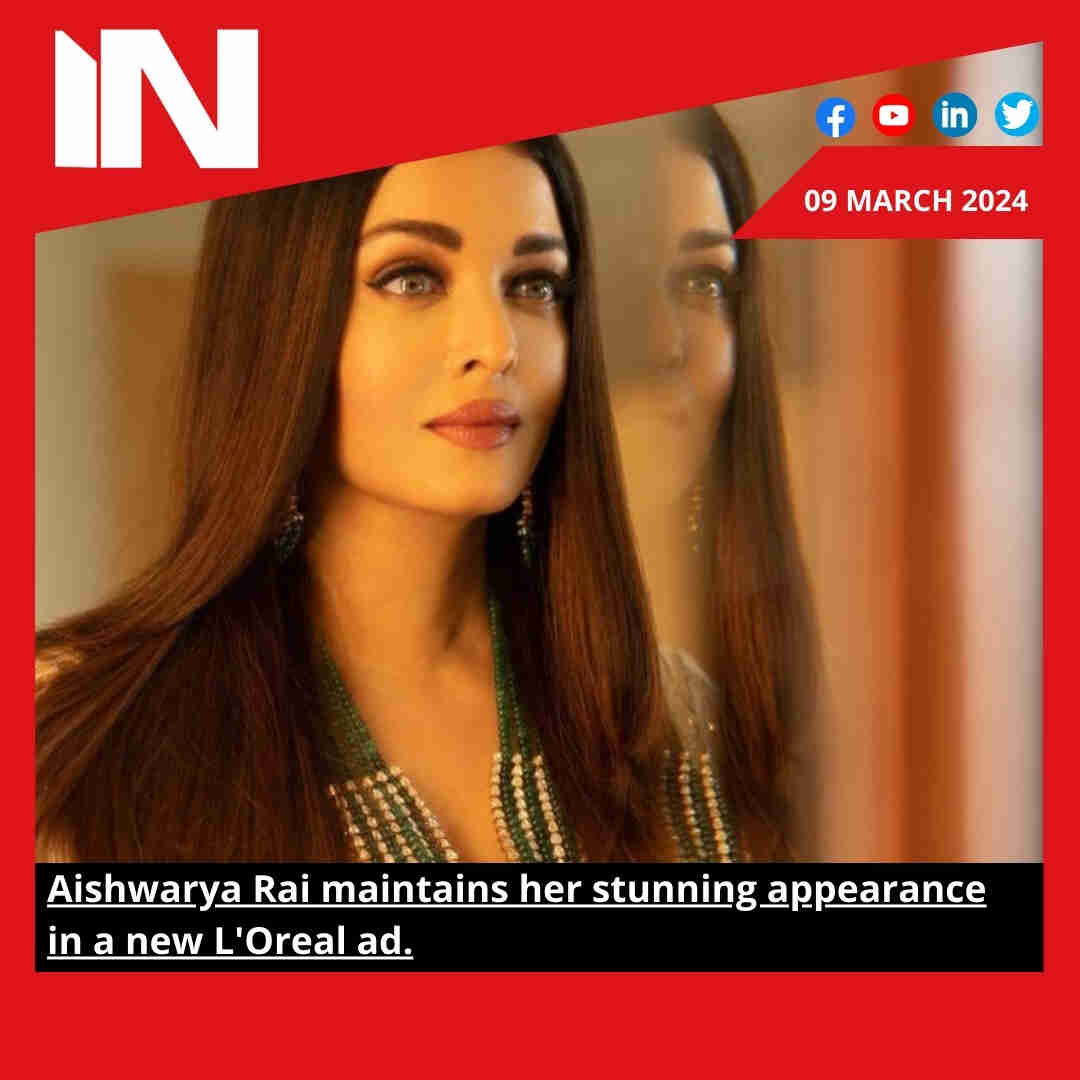
 Bollywood2 months ago
Bollywood2 months agoAishwarya Rai maintains her stunning appearance in a new L’Oreal ad.
-

 health and remedies2 months ago
health and remedies2 months agoThe article discusses the potential health risks associated with swallowing dry ice
-
.jpg)
.jpg) Music1 month ago
Music1 month agoSidhu Moosewala’s father and baby brother feature on Times Square billboard; fans react. Watch
-
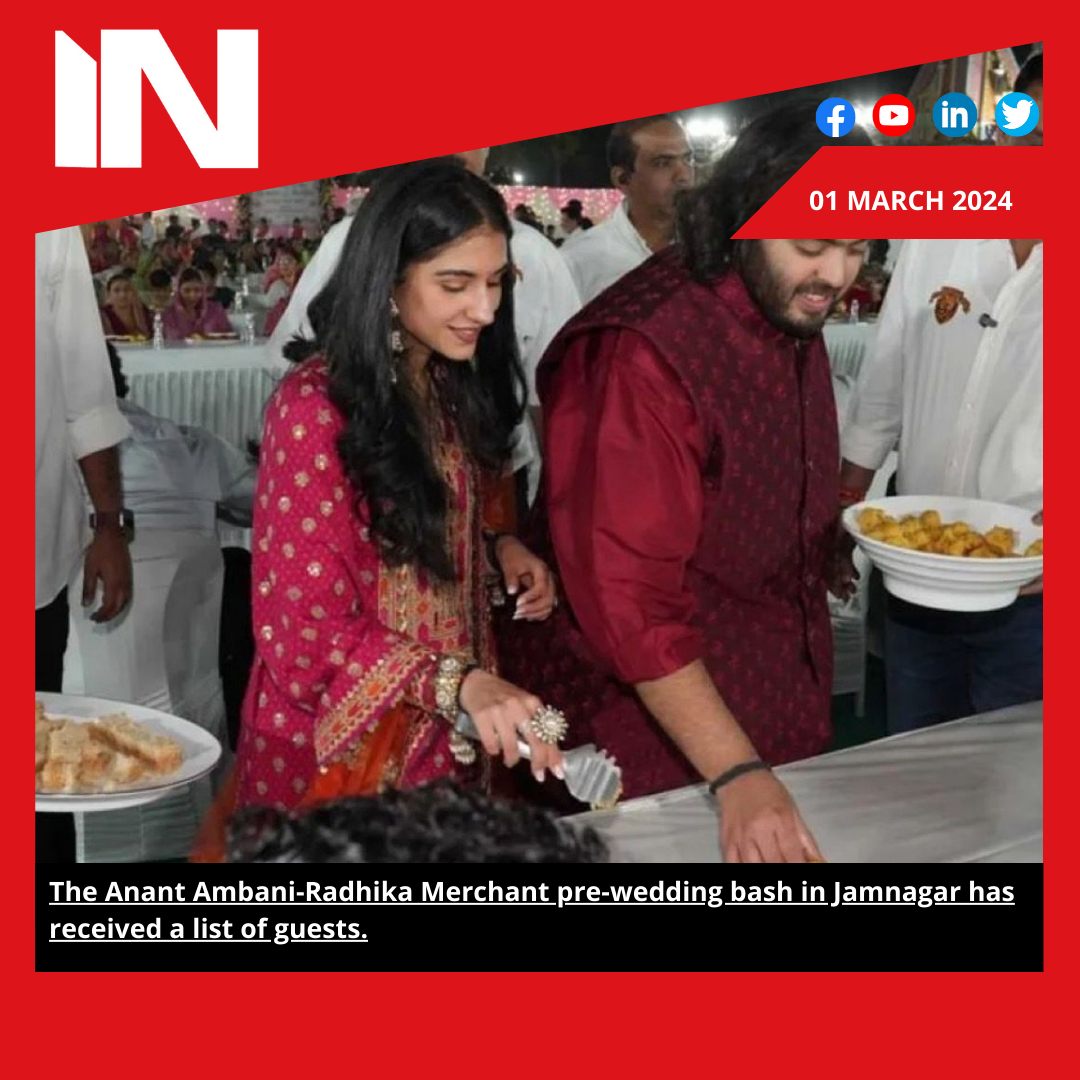
 Entertainment2 months ago
Entertainment2 months agoThe Anant Ambani-Radhika Merchant pre-wedding bash in Jamnagar has received a list of guests.
-
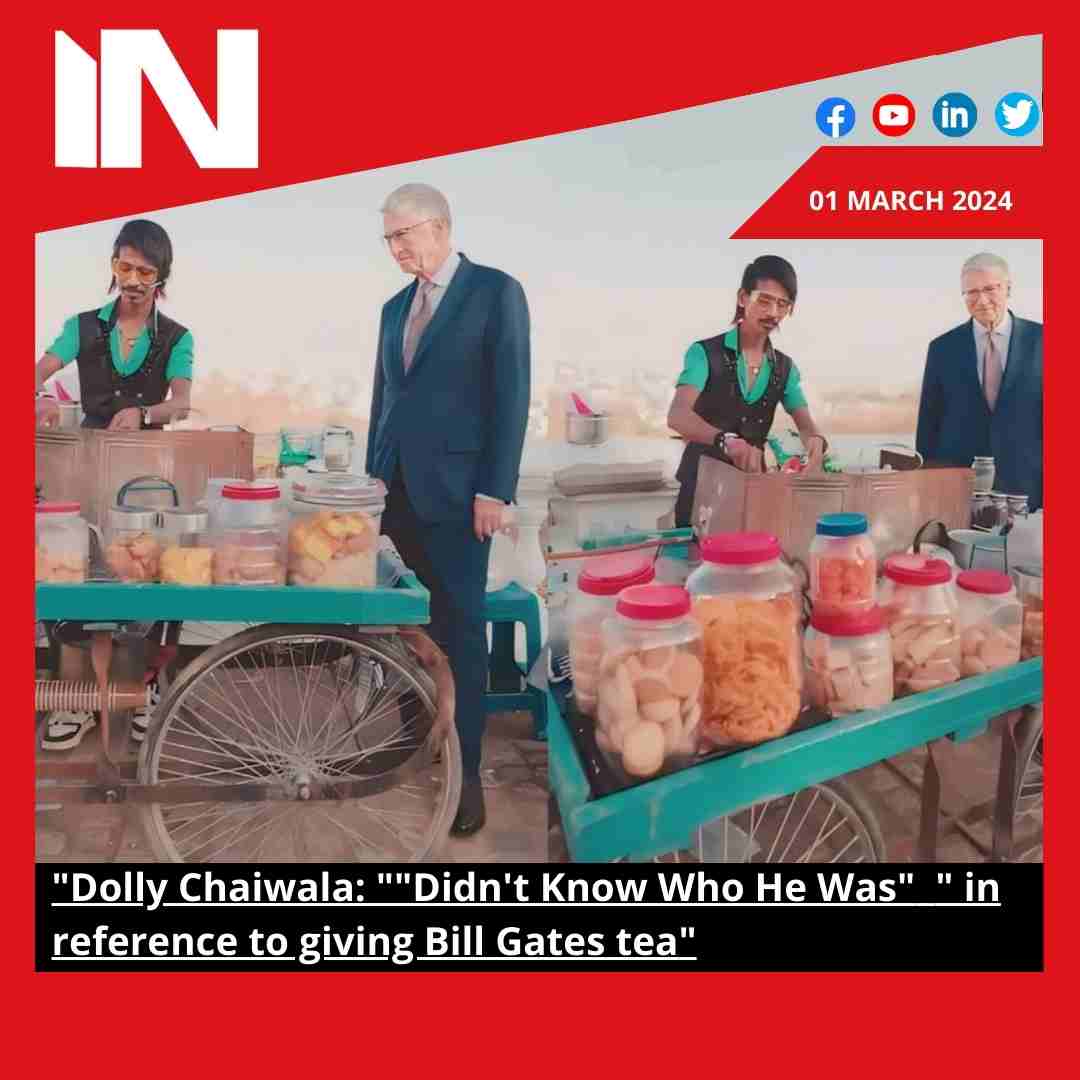
 Trending2 months ago
Trending2 months agoDolly Chaiwala: “Didn’t Know Who He Was” in reference to giving Bill Gates tea
-
Bollywood3 weeks ago
Rasha, the daughter of Raveena Tandon, discusses how trolling affects her: “I think in processing it, feeling bad for a bit.”
-

 Bollywood3 weeks ago
Bollywood3 weeks agoThe phrase “female-led projects” annoys Bhumi Pednekar. “It disgusts me deeply.”
-

 Trending2 months ago
Trending2 months agoOppo Reno 12 Pro Key Features Leak Online: Expected to Receive a 1.5K Display with a Density 9200+ SoC

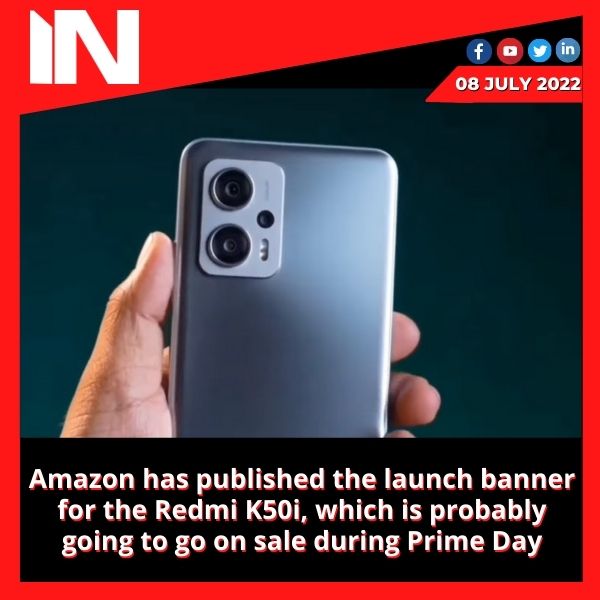






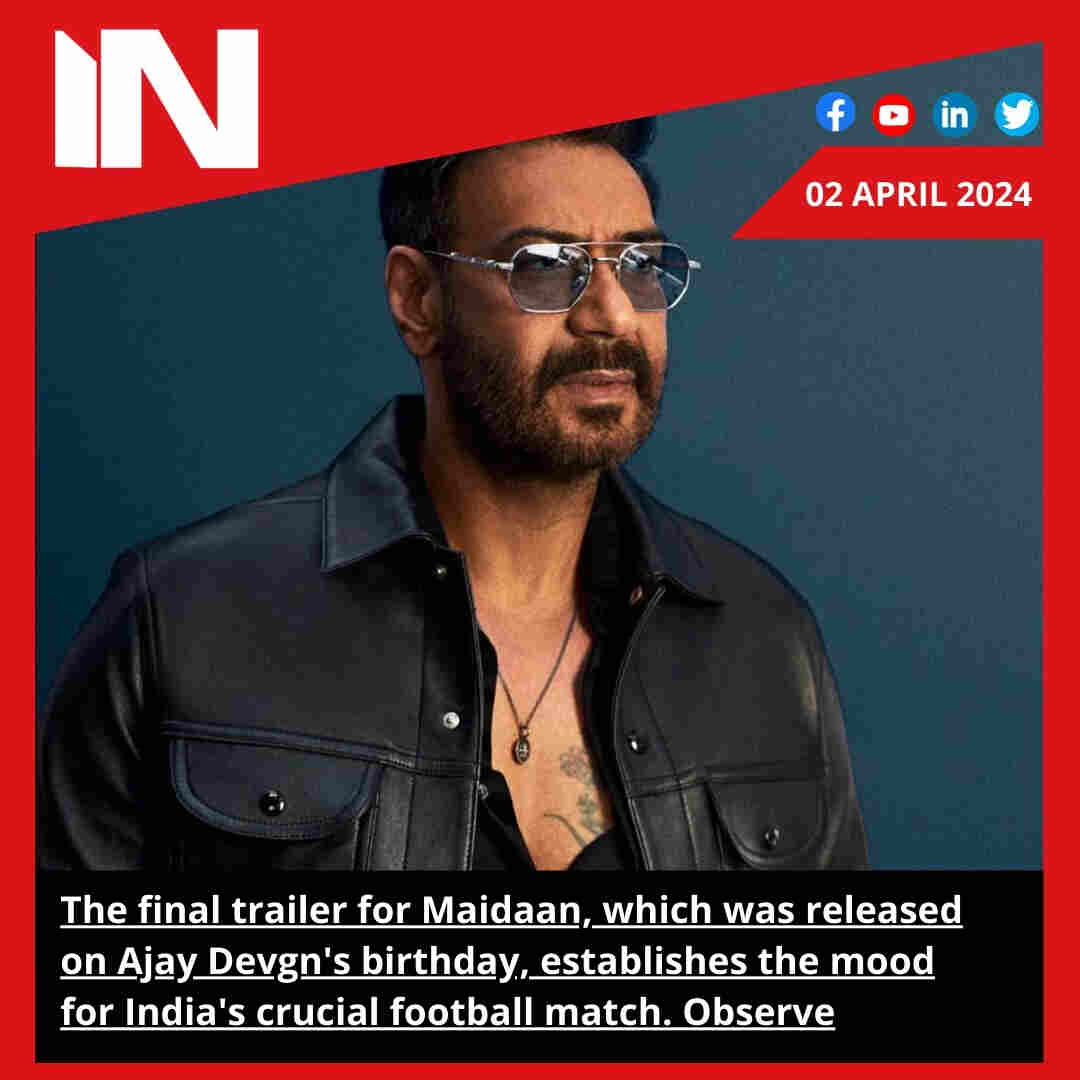
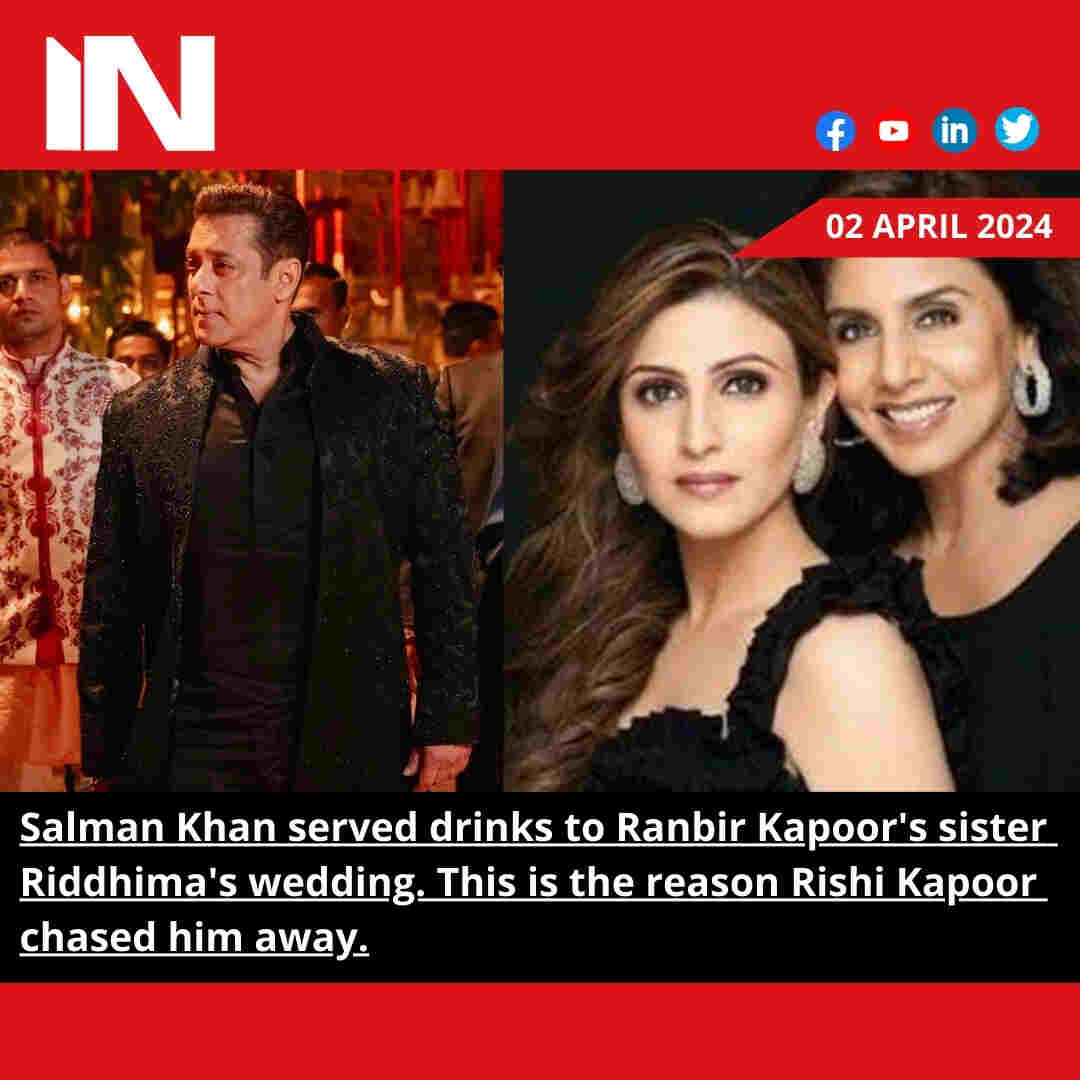
%20(1).jpg)
%20(1).jpg)
%20(1).jpg)
%20(1).jpg)
%20(1).jpg)
%20(1).jpg)
.jpg)





